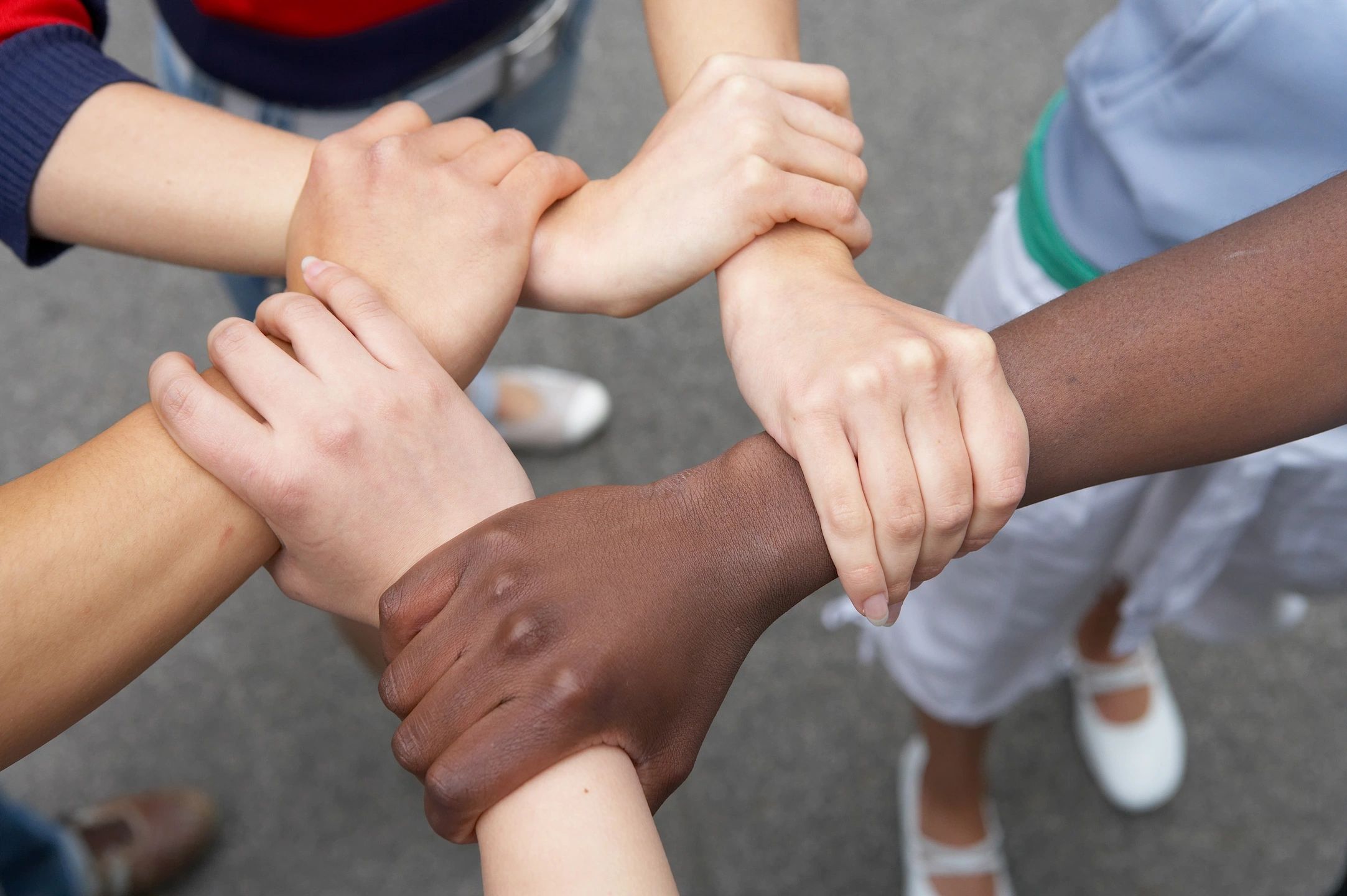We hold these truths to be self-evident, that all men are created equal, that they are endowed by their Creator with certain unalienable Rights, that among these are Life, Liberty and the pursuit of Happiness.”
–Declaration of Independence
I reflected on the idea of “unalienable Rights” as I participated in the Juneteenth celebration in Idaho Falls. In Idaho, we talk a big game around the idea of “freedom,” but we don’t often stop to think about who among us as actually has freedom.
And while we like to say that “Liberty” is one of those “unalienable Rights,” we also don’t like to consider how, in our history, our nation has not always lived up to its professed ideals.
With Juneteenth just past, many of us are looking forward to celebrations on July 4th. It would be lovely if everyone had obtained freedom, and if their “unalienable Rights” were all respected with the stroke of a pen on the same day. But alas.
There’s a reason we’ve started acknowledging Juneteenth. Because not everyone achieved independence and had their rights recognized at the same time.
The Declaration of Independence also suggested that governments derive “their just powers from the consent of the governed.” However, throughout the history of our country there have been plenty of governed who weren’t allowed to consent through voting. It seems obvious to us that the government should, as Abraham Lincoln said decades later, be “of the people, by the people, for the people.”
And yet, there has always been disagreement over which people should “count” when it comes to giving consent. The desire to have our voices heard is in all of us. But different groups have had to fight for their rights to be recognized. The language of our founding documents might say that rights are “unalienable,” but in practice, the oppressed have had to fight for their liberty, their lives and their ability to pursue happiness.
These rights have never been simply bestowed. They have never been won at the same time. Our country’s history is full of people who had to fight to make the words of our founders more than nice ideas on paper. It’s an ongoing progression.
For example, the liberty, the right to pursue happiness, in marrying who you love, is relatively recent for some people. Only protected within my lifetime. Today, women in Idaho must leave the state to receive life-giving care. Because their right to life isn’t recognized by our state legislature. We’re having arguments in the U.S. Supreme Court over how many organs a woman can lose before her life is considered in danger enough for her to receive life-saving care.
We’ve seen that, in practice, “unalienable rights” aren’t anything of the sort. And our policymakers can, it appears, retract rights even after they’ve been recognized. Our forebears fought so that more voices could be heard and give consent. As the governed, we need to be more involved. Otherwise, we could lose even our ability to give consent.
Miranda Marquit, Master of Business Administration, is a nationally recognized financial expert, writer, speaker and podcaster. She is the vice chair of the Bonneville County Democratic Central Committee.

